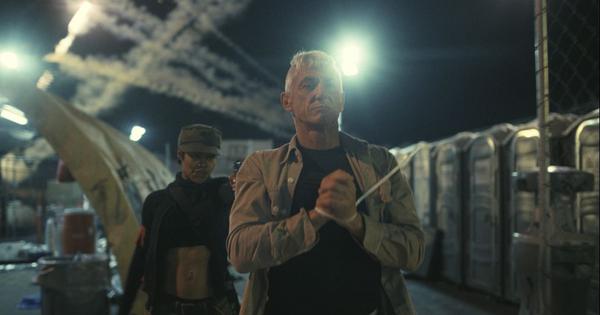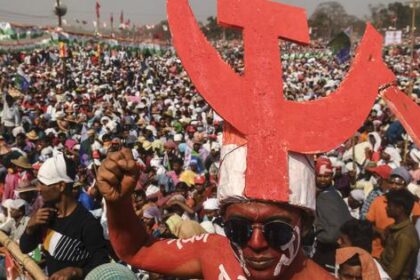Film adaptation reflects contemporary issues of authoritarianism and media influence in America.
Paul Thomas Anderson has adapted Thomas Pynchon’s fourth novel, Vineland, into a film titled One Battle After Another, which is already generating buzz as a potential Oscar contender. The original novel, published in 1990, is deeply concerned with America’s fate amid the rise of mass media and the encroachment of authoritarianism. Set against the backdrop of 1984—a year marked by Ronald Reagan’s reelection—the narrative resonates with a sense of defeat that seems particularly relevant today.
Anderson’s adaptation arrives during a politically charged climate, following Donald Trump’s decisive victory in the 2024 election, which has sparked a backlash against diversity, inclusion, and various social movements. The film immerses viewers in a world fraught with familiar themes such as immigration detention, white supremacy, and the turmoil of so-called sanctuary cities. One city depicted in the film is portrayed as engulfed in chaos, overwhelmed by state-backed enforcers clad in combat gear, eager to impose order on what they perceive as radical leftist elements.
Reviews have noted that the film’s portrayal of immigration crackdowns under Trump’s administration reflects the militarization of American life, a concept that aligns with Pynchon’s literary style. Pynchon’s own history as a technical writer for Boeing during a crucial time in the military-industrial complex informs his writing, leaving him with a persistent wariness towards systems of mass destruction and their justifications.
Vineland’s narrative follows Zoyd Wheeler and his daughter Prairie as they navigate the repercussions of the 1960s counterculture. Zoyd, characterized as a relic of a bygone era, struggles to make ends meet while reminiscing about the past and raising Prairie in the shadow of her estranged mother, Frenesi Gates. Frenesi, once a member of a radical filmmaking collective, becomes intertwined with the oppressive state through her relationship with a federal prosecutor, Brock Vond, who embodies the very essence of state power and corruption.
This dynamic illustrates Pynchon’s argument that the state’s ability to corrupt individuals is compounded by the left’s failures. He contends that the roots of the conservative movements of the late 1970s and 1980s were nourished by the shortcomings of prior radical efforts. This critical view is particularly poignant in today’s context, where fragmentation on the left has made resisting authoritarianism increasingly difficult.
Pynchon’s narrative does not offer a simplistic dichotomy of noble ideals versus a corrupt establishment; instead, it complicates these binaries, demonstrating how radical intentions can be subverted. This enduring relevance of Vineland stems from its complex portrayal of political dynamics, ultimately challenging both the left and right to confront their complicity in the broader mechanisms of power.
Through his distinctive style, Pynchon transforms themes of distrust and paranoia into a critique of culture, a hallmark of his work since his debut novel, V. His exploration of hidden networks of power and their influence on historical events resonates strongly with readers who have grappled with the political turbulence of their times, creating a lasting impact that continues to echo in contemporary discourse.








